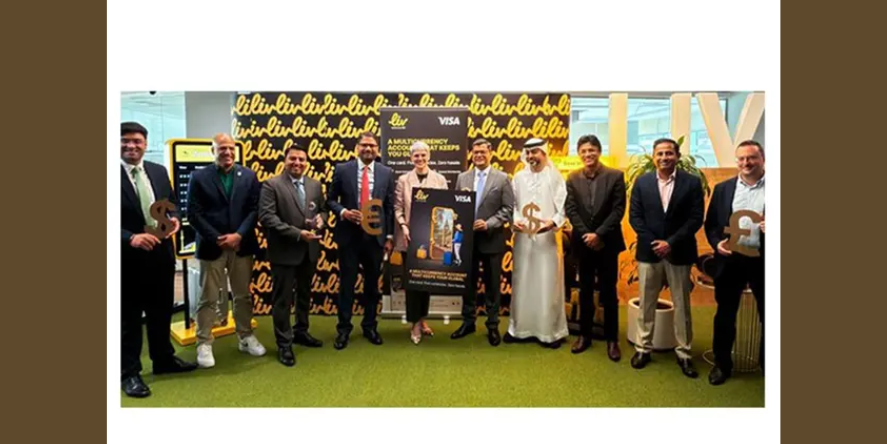It is not uncommon for managers and supervisors to exhibit some level of favoritism toward certain employees. That is because the concept of favoritism stems from bias, which is a natural and unavoidable inclination to form preferences. Everyone has biases because human nature drives us to make judgments.
This innate reaction to make judgments combined with a lifetime of conditioning from external influences creates biases that inform our opinions, and it is not necessarily a bad thing. However, high levels of prejudice can lead to the unfair treatment of an individual or group of people, and that result should be avoided at all costs. Therefore, critical reflection and careful consideration must be given to your behavior to ensure your inherent biases are not creating harmful prejudices.
Favoritism at Work
Managers, supervisors, and co-workers could all show signs of favoritism toward specific people or groups of people at work. Discrimination amongst employees is risky business for both the favored and unfavored individuals. Tension, conflict, entitlement, and resentment are only the beginning of the issues that may arise if favoritism is allowed to occur. Adverse effects of discrimination and prejudice at work spread into every aspect of a company, from hiring and retention to employee performance and workplace culture.
While it can be challenging to control behavior that stems from intrinsic opinions and judgments, there are ways to mitigate the effects of favoritism in the workplace. So, how can bias-fueled favoritism be ameliorated? For starters, recognition that such behaviors indicate poor or inadequate leadership is essential. Ensuring the management team prioritizes healthy and fair workplace practices is one step toward eliminating harmful bias.
Causes of Favoritism
In addition to the natural reaction to form opinions, there are many underlying causes of favoritism in the workplace. Nepotism occurs when preferential treatment is given to a relative, and it is one of the most common causes of favorable treatment from managers or supervisors. Physical appearance can also cause favoritism, as humans are often biased toward people they find attractive.
Empathy, which is usually touted as a positive trait, can create bias, as well. It is easier to feel empathy for people who share similarities with you or for individuals who you feel a connection with. Thus, anyone who does not have cultural, experiential, or other similarities with managers may not elicit as much empathy. These feelings of connection often cultivate unconscious bias.
Unconscious bias is the culprit behind many instances of favoritism at work. Unconscious or implicit bias is simply a preference for one thing over another that is created unintentionally. It can be difficult to identify this type of bias because most people can hold prejudice for or against something while simultaneously, on a conscious level, believing that such opinions are wrong.
Signs of Workplace Bias
Identifying discrimination and bias at work is not always easy, but some signs are obvious. Behavior like unfair bonuses, pet names or nicknames, extra attention, and double standards usually get noticed fairly quickly by the employees who are being excluded or treated poorly. Employees who benefit from bias and favoritism may have fewer expectations placed upon them by managers or seem to be able to get away with anything.
Favoritism can start as early as the hiring process. Unfair hiring practices or policies can create a culture of discrimination that seeps into a company’s entire employment process. Nepotism or cronyism are common causes of unjust hiring and favoritism within the hiring process.
If a company’s favoritism problem is severe enough, signs may appear as a general degradation of employee morale or worker productivity. Unfair treatment negatively impacts all employees, and such behavior often leads to divisive workplace culture. In short, favoritism is bad for business.
Allowing or ignoring the telltale signs of discrimination and harmful bias will eventually impact job performance, turnover, and the company’s public image. Further, certain forms of favoritism at work qualify as illegal discrimination and can result in legal action against a company.
Legal Action
Employees who are discriminated against due to a protected characteristic have the right to file a lawsuit against their employer. Protected classes include race, sex, sexuality, disability status, age, and any other classification that is legally prohibited. Excluding certain employees from the same benefits as other employees, skipping an employee for promotion, and reprimanding one employee for behavior but not others could all be grounds for legal action if based on discriminatory practices.
Summary
Cultivating a productive and fair work environment is important for employee well-being and company performance. People in leadership roles have a responsibility to keep personal prejudices from impacting their treatment of subordinates and setting a positive example for employees. Even seemingly minor instances of favoritism could cause workers to feel mistreated and lead to high turnover rates. What’s more, some forms of favoritism constitute illegal, discriminatory practices. When bias causes favoritism, and that favoritism turns into discrimination, businesses run the risk of facing serious legal consequences. Companies must take every possible precaution to prevent or address workplace bias.

Valencia George is a trained arbitrator and mediator. She has extensive experience mediating and arbitrating disputes involving labor, employment, and civil rights claims under federal and Florida laws. As an employment and business law mediator. Ms. George helps resolve business disputes productively and creatively. She can be reached at her firm, George & George ADR Group, at https://georgeandgeorgeadr.com/.
Blog Article by Valencia George
Also read the articles on: 8 ways to manage mental health issues in the workplace
FUJIFILM Business Innovation Asia Pacific partners ViewSonic for Enhanced Workplace Collaboration
Microsoft’s WTI delivers five insights shaping the current Workplaces
DHL Express entitled as the top workplace by GPTW
Saudi Arabia’s GDP within 2030 to be hugely boosted by Workplace equality by contributing $400Bn








